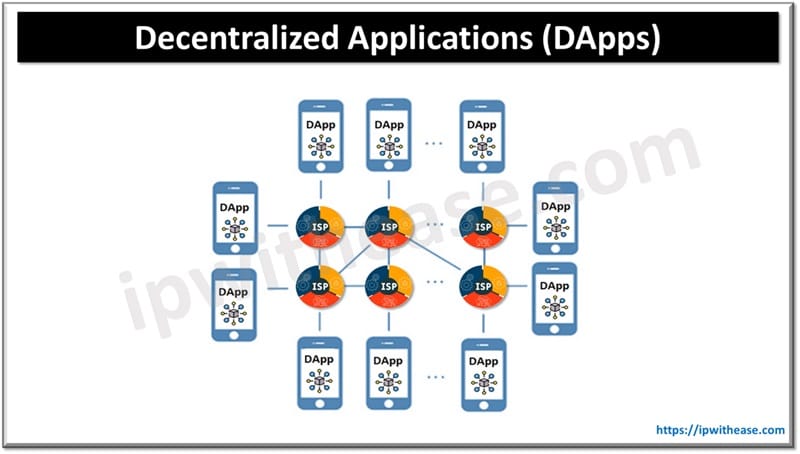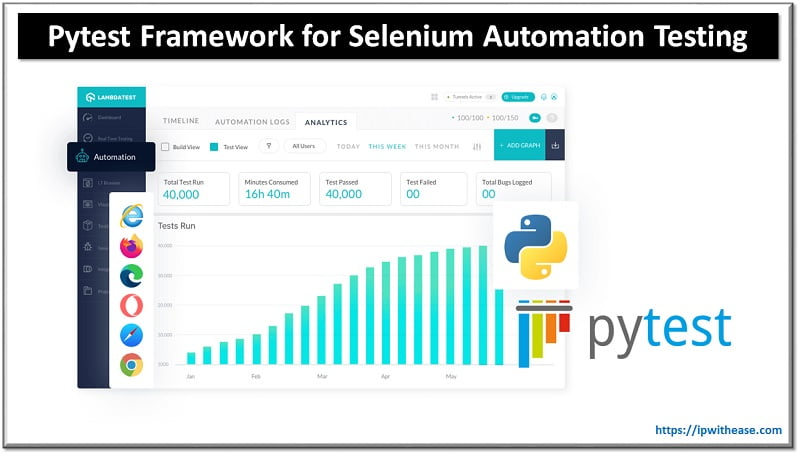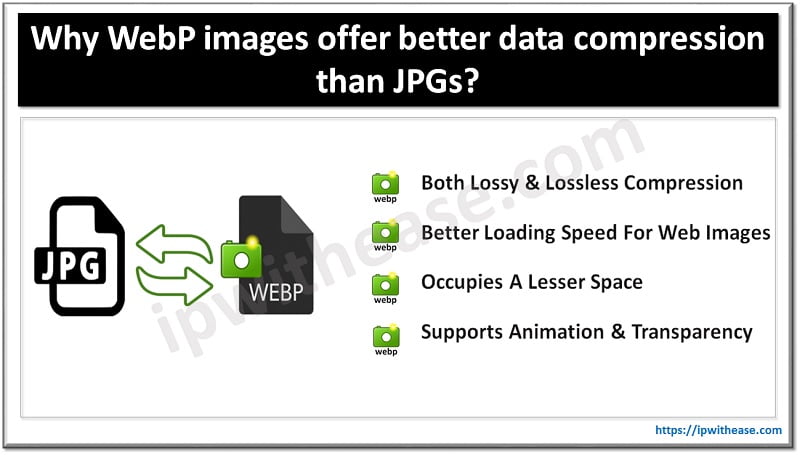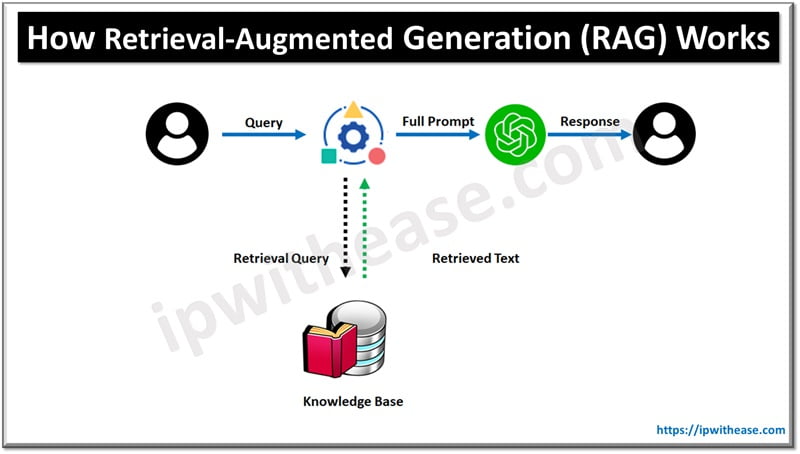Table of Contents
Traditional applications are built in a way to operate centrally, having everything on a server and every time whenever there is a request from nodes to these servers to provide data to nodes. These centralized applications are composed of backend and front-end components. A new breed of decentralized applications is getting popular which runs on P2P networks where everything runs on nodes of the network. The decentralized apps are made of smart contacts and front end.
In today’s topic we will learn about Decentralized Applications (DApps), how DApps work? Its features, most common platforms for creating DApps.

Understanding Decentralized Applications
Decentralized applications (DApps) run on decentralized peer-to-peer networks (P2P) and are open source software applications. These are based on blockchain and fundamentally different from traditional applications. Some of the requirements of DApps are:
- Open source – It should be open source and its codebase is freely available to everyone. Any changes in structure or working of application should be taken with majority agreement.
- Decentralized – DApps should decentralize all information and operations stored in public and decentralized blockchain to ensure transparency and security.
- Incentive – DApps should offer some sort of incentive to its users in the form of cryptographic tokens. They provide incentive to users for supporting blockchain DApps ecosystem just like liquid assets.
- Protocol – DApps use a particular protocol to demonstrate proof of value.
Related: Top 5 Emerging Trends in Software Development
How Decentralized Applications work
A DApp has a backend code that runs on a decentralized P2P network. It can also have frontend code and a user interface which can be written in any language as in case of traditional applications. The front end is hosted on a decentralized server like IPFS. DApps working is based on:
- Decentralized – Decentralized Apps operate on Ethereum which an open decentralized platform
- Deterministic – Decentralized Apps perform same function in which they are executed irrespective of the environment
- Turing Complete – Decentralized Apps can perform actions based on given required resources
- Isolated – Decentralized Apps are executed on Ethereum virtual machine to ensure if there is a bug in smart contact, the normal functioning of blockchain should not get impacted
Features of DApps
- Fault tolerance – Decentralized Apps work on decentralized platform so even if single node is working app will be available but performance will be degraded
- Privacy – Users do not need to submit any personal information to use any functionality specific for application
- Data integrity – Data stored in blockchain is immutable and tamper proof as it uses consensus algorithms. Transactions can’t be forged by hackers and data stored in blockchain is change resistant.
- Flexibility platform – Ethereum platform provides flexibility platform for D Apps development
- Verifiable behaviour – Smart contacts can be analyzed and guaranteed to execute with predictability without the need to monitor or involvement of central authority.
Use Cases for DApps
Provide decentralized versions of traditional applications to create entirely new applications.
Platforms on which DApps Run
General computing platforms run decentralized apps. Most Decentralized Apps run on Ethereum network however there are some other platforms which have emerged such as:
- Cardano is a decentralized blockchain public and cryptography project and open source. It is developing a smart contract platform which seeks to deliver advanced features.
- EOSIO is software which introduces blockchain architecture to enable horizontal and vertical scaling of decentralized applications
- Morpheus labs is blockchain platform service as a provider targeted towards business clients which want quick deployment and testing of decentralized applications
- Zilliqa is high throughput public blockchain platform to scale transactions to thousand per second
- DEFINITY is Ethereum family technology which is compatible with Ethereum network.
- NEO is a decentralized open source blockchain with the aim of smart economy. It is also known as Chinese Ethereum with better scalability in Decentralized Apps
- TRON is a new blockchain platform and famous for gaming applications and gambling websites. There are 1500+ Decentralized Apps created using TRON as of now
ABOUT THE AUTHOR

You can learn more about her on her linkedin profile – Rashmi Bhardwaj



